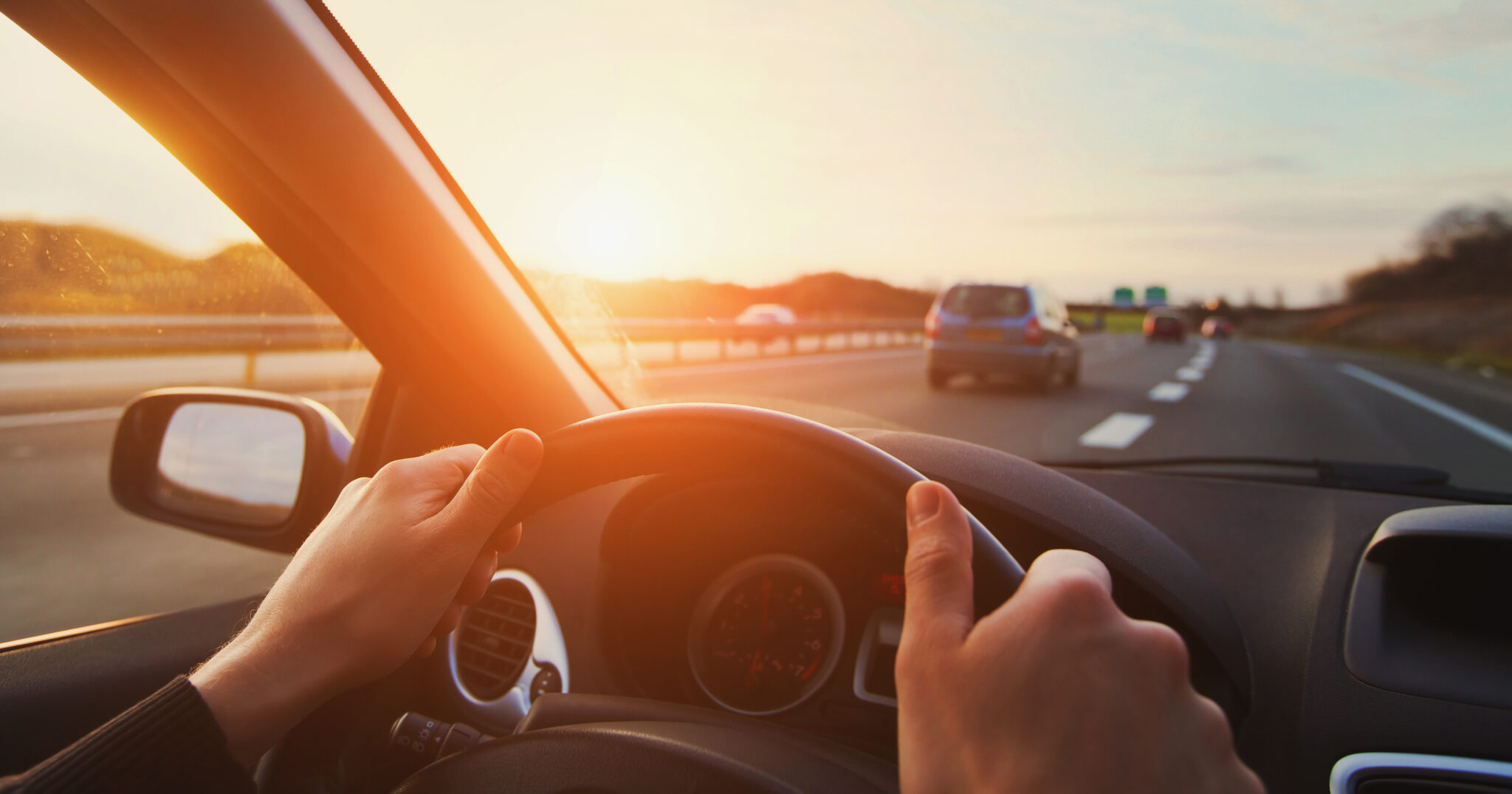Are you someone who drives but doesn’t own a car? If you borrow a car, do you still want your own coverage, not the title holder’s policy? If this sounds like you, then you may want to think about getting non-owner car insurance.
A Non-owner policy provides liability auto insurance to people who don’t own a car. Or if they do, they don’t drive it all the time. It won’t cover injuries or damages to your vehicle in an accident, though. It only pays for bodily injury and property damage to other drivers and their vehicles. So, if you’re driving someone else’s car, you’re covered.
This article will cover the essentials of a non-owners insurance policy, including:
- What it does and doesn’t cover
- Who needs it?
- Who doesn’t need it?
- Which companies offer it
- How much it costs
- Frequently asked questions
What a Non-Owners Policy Covers
Non-owners coverage works a lot like liability insurance. If you find yourself in an accident, it would cover any bodily injury and property damage to other drivers in an accident.
According to Progressive, non-owner only covers you while you’re driving a vehicle you don’t own. So, it’s important to remember that you won’t be eligible for coverage if you get into an accident in your car. This type of insurance is similar to liability, only paying for damages to others.
What It Doesn’t Cover
Non-owner won’t reimburse you for any damages to the car you’re driving at the time of an accident. It also won’t pay medical bills for any of the injuries you sustain in a collision. This is because it acts as a liability policy. And, as previously mentioned, it won’t cover any accidents you’re in with a vehicle you own.
The following is a quick list of what non-owners does/doesn’t cover:
Covers:
- Property damage to other drivers in an accident
- Bodily injury to other drivers in an accident
- Accidents where you’re driving a vehicle you don’t own
Doesn’t cover:
- Damages to the car you’re driving
- Damages to your car in an accident
- Any injuries you sustain in an accident
Who Needs Non-Owner Coverage
This kind of policy is great for people who don’t own a vehicle. But there are other situations where it makes a lot of sense. For instance, you may even own a car and still need non-owner insurance. This is often the case if you don’t use it that often or use other means to get around, such as public transit.
A non-owners policy can shield you from having a lapse in insurance. If you own a registered car, it must be covered. Even if you’re not behind the wheel, you could face higher rates when you decide to drive again. This is because not being insured while still owning a vehicle tells providers that you may have driven without coverage. That’s how one of these policies helps you save money in the future.
Reasons to Purchase a Non-Owner Policy
- You don’t own a car. This is the most common reason for getting it. If you only borrow one from others whenever you need to drive, you still need to make sure you a valid policy. This coverage protects you if you’re not on someone’s policy.
- You hardly use the car you own. You’ll need this non-owner coverage if you either can’t access your car or you don’t use it regularly.
- You’re a heavy commuter. You use public transit (e.g., buses, trains, and light rails) more often than you drive.
- You rent a lot. You find yourself frequently renting or using car-sharing services such as Car2Go and ZipCar.
- You’re filing an SR-22 form. An SR-22 form says that you carry the minimum amount of liability insurance required by your state. People who have a DUI or DWI are typically supposed to file these forms. This coverage is good for this because it’s a basic type of liability.
Who Doesn’t Need It
While non-owners car insurance is a good fit for certain situations, there are many instances where you don’t need it. You shouldn’t buy it if:
- You own a vehicle that you drive frequently
- You seldom rent or borrow a car from anybody
- You live in a household with a shared vehicle that you use often*
- You’re borrowing someone else’s car, but it’s for a longer stretch (ex. over a month)
*Note: if you live in a house and borrow someone’s car often, you may consider getting a more complex policy or think about getting added to the household’s. A common example of this involves teen drivers. In this case, parents should add their new teen drivers to their insurance if they’ll be on the road regularly with the family car.
Companies That Offer Non-Owner Insurance
If you want to get non-owners coverage, then you should check with your provider. Major companies like Direct Auto and GEICO offer it, as well as other regional companies such as Dairyland, which is based in Wisconsin.
Below is a list of major insurers that write non-owners policies:
- Progressive
- GEICO
- State Farm
- Nationwide
- Direct Auto
- Dairyland
These are just some of the companies that sell these types of policies. Many providers don’t clearly state on their website whether they offer it. For that reason, it may be a good idea to call your insurer and ask. If you’re feeling unsure about it, your agent will help you through the process to get set up properly with non-owner coverage.
How Much It Costs
Non-owner insurance is typically much cheaper than a standard auto insurance policy. This is because it just includes liability coverage. The cost to get it might be much different from another person, though. As is the case with other policies, insurers look at many factors to decide your rates. This includes details such as:
Keep in mind that these are only some of the factors that insurance carriers analyze when coming up with your premium. Ultimately, there are a lot of moving parts in play that decide how much you’ll pay for coverage.
Bottom Line
Non-owner auto insurance should be on your mind if you can call yourself an occasional driver. You’re an occasional driver if you drive your car rarely or borrow someone else’s. Occasional drivers also often find themselves renting or using car-sharing services when the need to drive strikes them.
If you’ve thought about your driving habits and believe you’re an occasional driver, you’ll want to consider getting a non-owners policy.
Frequently Asked Questions
I want to get a non-owner policy but I can’t find it on my insurer’s website. How do I get it?
If your provider doesn’t clearly state that it offers non-owner insurance on its website, you might try calling and asking about it. Your insurer may or may not offer this coverage. And sometimes it might only reserve it for longtime customers.
Is non-owners insurance the same an SR-22?
Non-owner is a form of policy that’ll give you basic liability protection if you don’t drive very often or don’t own a car. An SR-22 form is not a type of insurance. Rather, it’s a form that says you have the minimum amount of coverage required by your state. Policies like these can help you reach that requirement. You may need an SR-22 if you had a severe offense on your record that got your license taken away, such as a DUI.
Is non-owner car insurance expensive?
Non-owner is a cheaper alternative to other types of auto insurance. It helps you avoid a costly lapse in coverage that can impact future rates. Just like any other policy, the cost of your premium is the result of many factors such as age and driving record. Depending on your driving record, yours could be more expensive than you might think.


